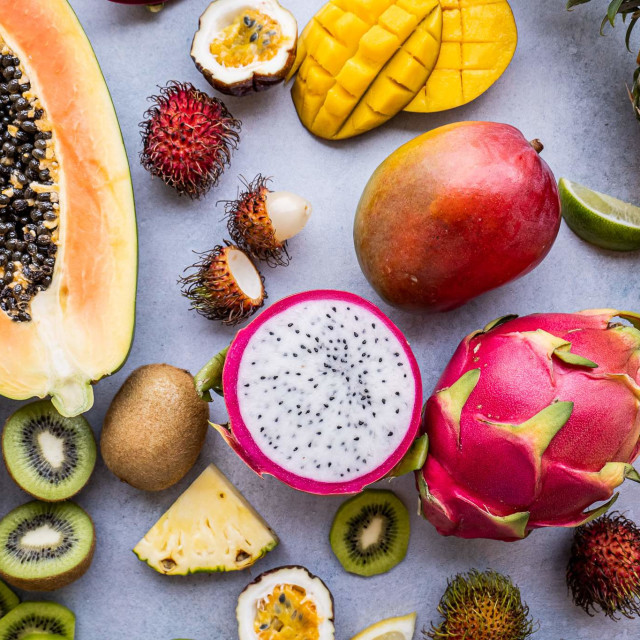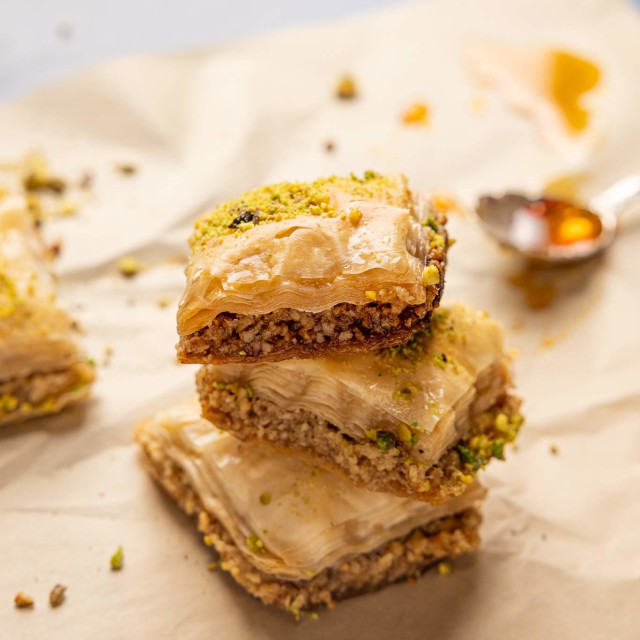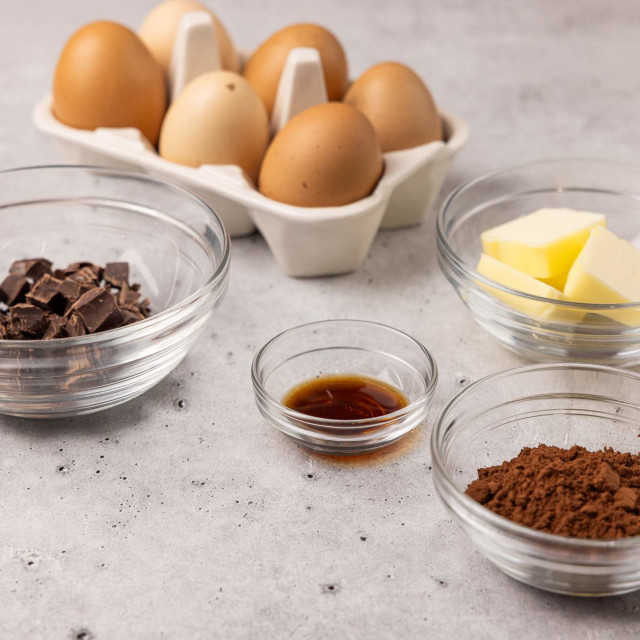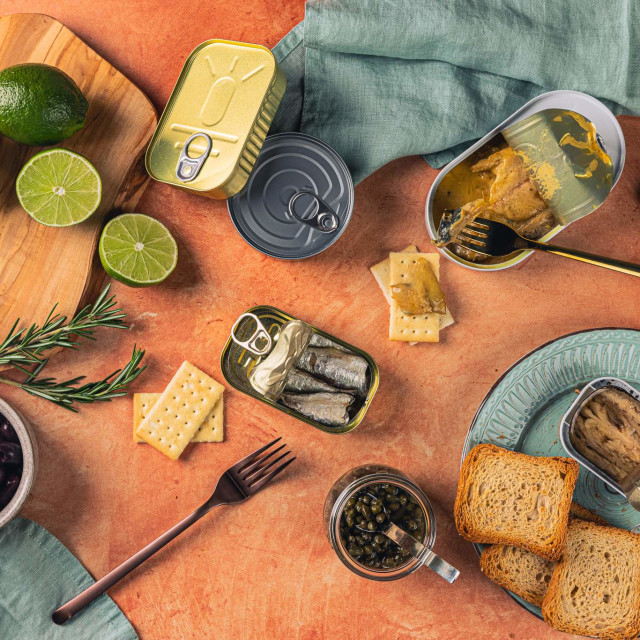Orange Juice
See also oranges.
Orange juice is a popular breakfast beverage, superior to most other juices in its nutrition value. U.S. laws mandate that the label “orange juice” only be used for juices containing 100% juice.
Trivia
Hard-core orange juice enthusiasts should be sure to get a glimpse of the “world’s largest orange juice glass,” constructed in honor of National Minority Cancer Awareness Week. The state of Florida claims orange juice as its “state drink,” even boasting its own Department of Citrus, which introduced the 8-foot-tall acrylic glass, full of 730 gallons of unconcentrated Valencia orange juice.
Varieties
Fresh-squeezed juice trumps other orange juices in any taste-battle. It can be made at home or purchased at some markets, at a higher price to match the superior flavor.
Alternately, OJ connoisseurs can almost always find the packaged juice to meet their unique tastes: pulp-free or with extra-pulp, mixed with other juice flavors or infused with extra “country-fresh” flavor.
Almost all orange juice sold in U.S. grocery stores is “reconstituted,” which means it has been concentrated, frozen and then revived with water.
Buying Tips
Orange juice is easy to find in grocery stores in the refrigerated and frozen sections, though “fresh-squeezed” juices are often only available at specialty markets.
Storage Tips
- Fresh-squeezed juice can be kept in the refrigerator for a few days.
- Check the “use-by” dates on store-bought juices.
- Frozen juice and juice concentrates can last for a month in the freezer until they lose nutritional and taste value.
Usage Tips
Orange juice and frozen orange juice concentrates play important roles in mixed drinks, smoothies and breakfast drinks, as well as a surprisingly large number of cooked dishes, sauces and glazes.
If you have the time, squeezing your own fresh orange juice is almost always the tastiest choice.
Juicing Tips:
- When using oranges for their zest and juice, be sure to zest the orange before juicing.
- An average orange will yield between 1/3 and ½ cup of juice.
- To yield the most juice, an orange should be room-temperature or warmer. Oranges can be heated in the microwave for 30 seconds to prepare them for better juicing.
- Roll the orange under your palm on a hard surface to soften it before juicing.
- If you only need a bit of juice at one time, make a toothpick-hole in the skin through which to extract juice, and then leave the toothpick in the hole to “seal” it and maintain freshness.
Nutrition Notes
Orange juice is a quick and easy way to increase your intake of fruit servings (one 8 oz. glass = one serving of fruit). While it is particularly famous as an excellent source of vitamin C and potassium, orange juice also provides protein, vitamin A, B-vitamins,





